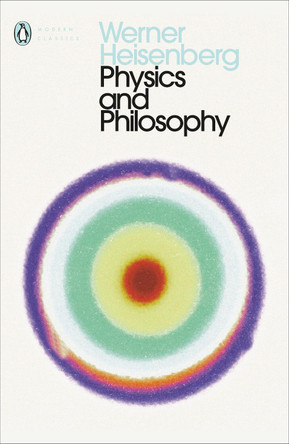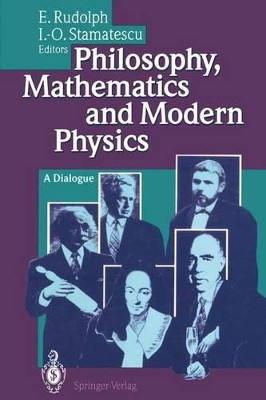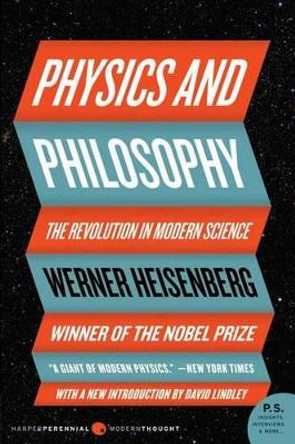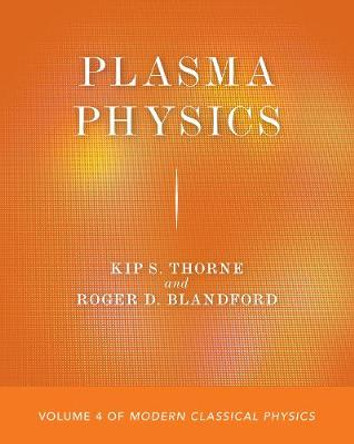Description
In 1931, Soviet philosopher Boris Hessen presented a groundbreaking paper at the 2nd International Congress of the History of Science & Technology in London. Hessen made the radical claim that Sir Isaac Newton’s natural philosophy was traceable to the conditions of socioeconomic development and technological progress in 17th-century England. This revelation would alter the study of the history and philosophy of science for good.
No more than five years later, Hessen was dead; executed in what would become Joseph Stalin’s Great Purge. If not for the works of select scholars, Hessen’s legacy would have been lost to time. Nearly a century after Hessen’s death, we still know very little about this pioneering figure. In this book, Sean Winkler provides an exegesis of Hessen’s writings, articulating his unique understanding of the relationship between socioeconomic development, technological progress and natural scientific theory, re-assessing his legacy to the history and philosophy of science and reflecting on his enduring significance in today’s world of growing social inequality amidst unfettered technological progress
Book Information
ISBN 9781538147580
Author Sean Winkler
Format Hardback
Page Count 192
Imprint Rowman & Littlefield
Publisher Rowman & Littlefield
Weight(grams) 458g









